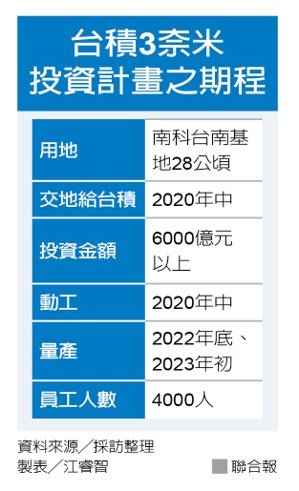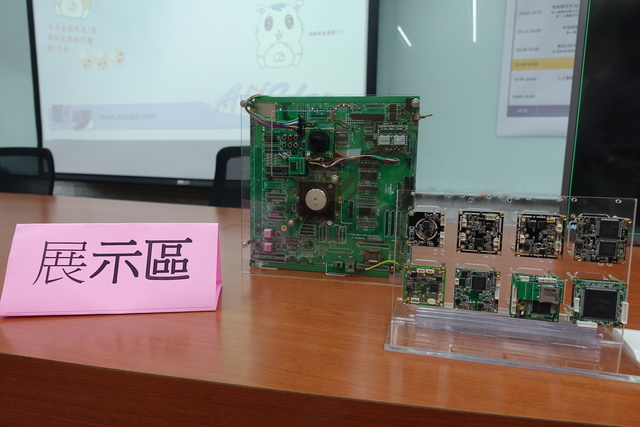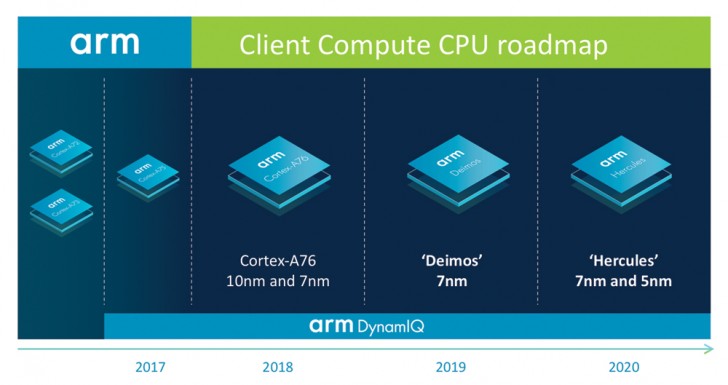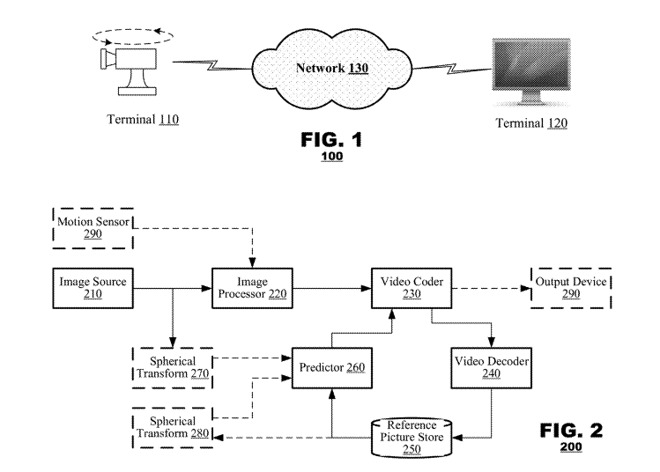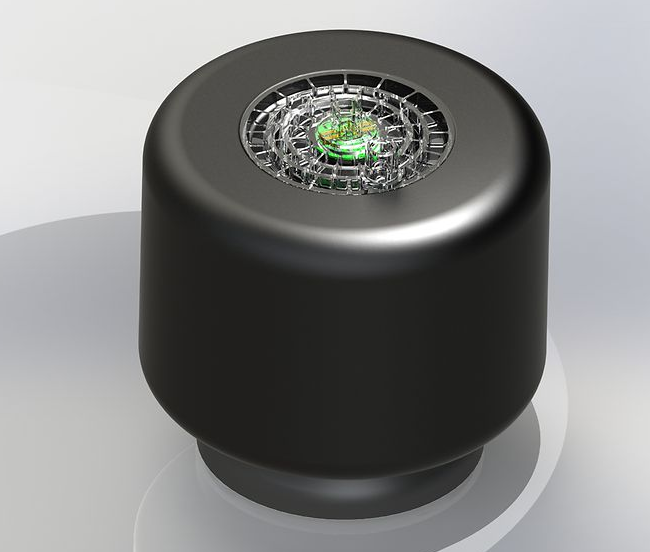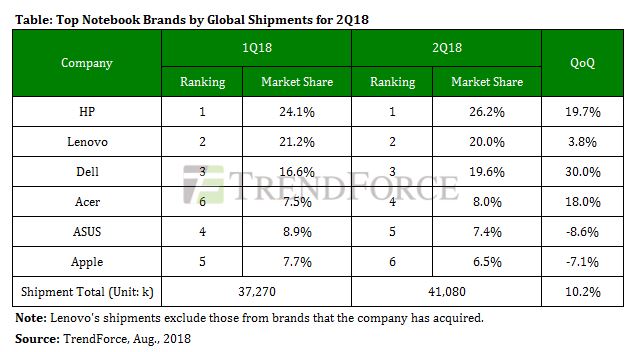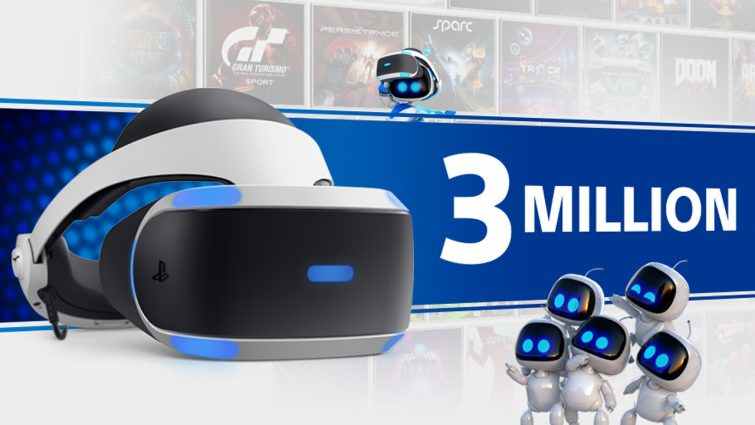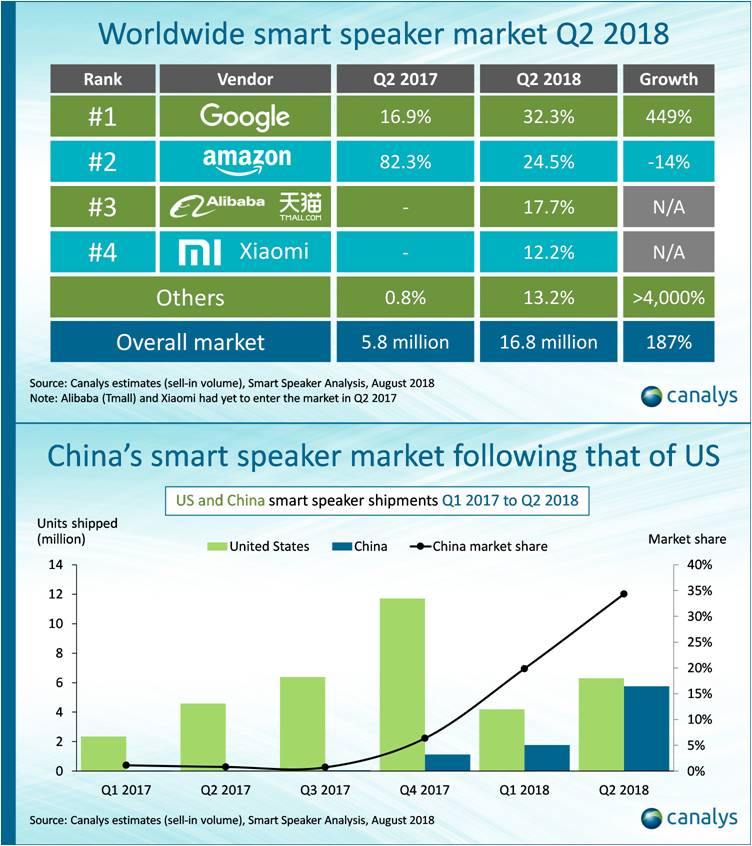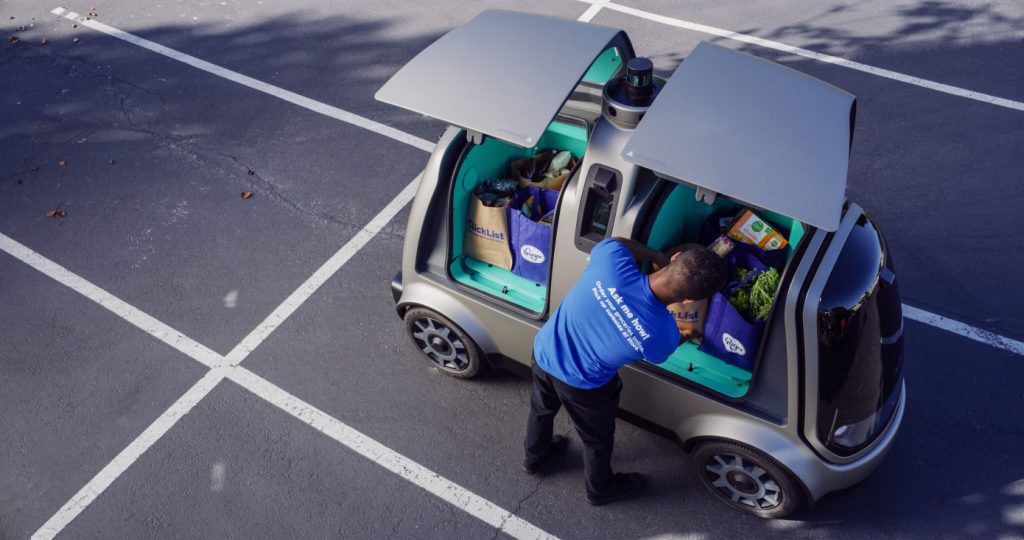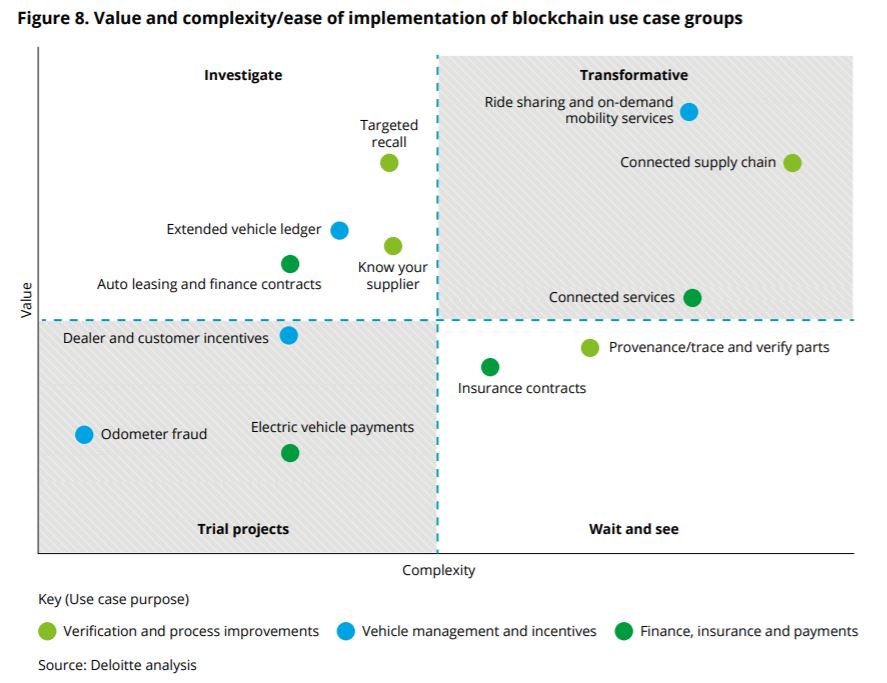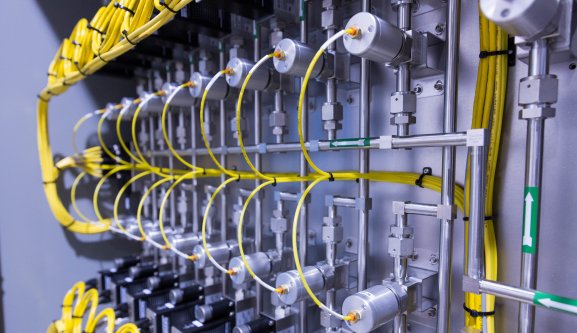
08-17: TSMC plans to invest NTD600B on 3nm fab; ARM has announced a road map for 7nm and 5nm cores; etc.
Chipsets
In the next generation of process technology, TSMC has invested USD25B to develop the 5nm process. It is expected to start trial production in 2019 and mass production in 2020. Recently, TSMC has brought in a 3nm process plan. TSMC plans to invest NTD600B (about USD19.4B). The 3nm wafer factory in Tainan Park has passed the initial review of the EIA. It covers an area of 28 hectares. (GizChina, UDN, UDN, China Times)
Taiwan Semiconductor Manufacturing Company (TSMC) and its design services partners have recently seen orders for cryptocurrency mining chips pick up, as major crypto mining machine suppliers in China and Japan are racing to roll out new machines despite the sustained mining chill. China’s Bitmain, Canaan Creative and Ebang Communication together command about 90% of the global Bitcoin mining devices. Many smaller China suppliers of ASICs have also placed orders with TSMC for fabrication using 16nm, 12nm and 7nm processes, and TSMC’s design service partners including Global Unichip, Alchip and Faraday Technology have all benefited from NRE (non-recurring engineering) orders from China ASIC suppliers. (Digitimes, press, Money Link, Yahoo)
National Taiwan Normal University and imaging algorithm / chip vendor AVSdsp have jointly showcased AI deep learning neural network chipset “AI Mipy”. The chip is placed next to the main control chip in a coordinated processor mode, which can help the primary audio and video processing products to be upgraded in a simple, fast and low-cost manner, and realize the intelligent sensing AI function. (CN Beta, Xinhuanet, China Times)
ARM has announced a road map for 7nm and 5nm cores. The A76 will be made on both 10nm and 7nm nodes. Its follow-up, codenamed Deimos, will be made on the 7nm node once it matures, which is expected to launch in 2019 with a 15% increase in performance over A76. The sequel to Deimos is Hercules, made on 7nm node and 5nm node. Hercules should be 10% faster than Deimos on 7nm and faster still at 5nm. (GSM Arena, ARM, My Drivers)
As most of the 12” wafer foundry fabs built in China in 2016-2017 will kick off commercial run in late 2018, China’s combined monthly foundry capacities at 12” fabs will surge over 40% to near 700,000 pieces in 2018 from 2017, posing new competition pressure to non-China foundry houses including United Microelectronics, Vanguard Semiconductor International, Globalfoundries and Taiwan Semiconductor Manufacturing Company (TSMC), according to Digitimes. (Digitimes, press, Digitimes)
Intel has announced that it is buying Vertex.ai, a startup developing a platform-agnostic AI model suite, for an undisclosed amount. Vertex.ai will “support a variety of hardware” and work to integrate PlaidML, its “multi-language acceleration platform” that allows developers to deploy AI models on Linux, macOS, and Windows devices, with Intel’s nGraph machine learning backend. (My Drivers, TechCrunch, VentureBeat, Geek Wire)
Touch Display
Apple’s patent titled “Processing of Equirectangular Object Data to Compensate for Distortion by Spherical Projections” is contemplating ways 360º video content for VR headsets could be improved, by coming up with a method for stitching together multi-directional image data from videos to make the appear with less distortion than current stitching apps and encoders can produce. (Apple Insider, USPTO, CN Beta)
Storage
According to TrendForce, with regard to the 3Q18 contract prices, PC DRAM and server DRAM products have shown a 1%~2% hike QoQ, mobile DRAM and specialty DRAM applications have witnessed a flat price trend, while graphics DRAM has started to experience a price drop. On the other hand, the spot prices have been sliding since the beginning of 2017 and then dropped to a level lower than contract prices at the end of Jun 2018, which has become an early indicator of the possible DRAM price decline in general. (Android Headlines, TrendForce[cn], TrendForce, press)
TrendForce reports that the global NAND Flash market has stayed in oversupply since the traditional slow season in 1Q18, resulting in an average drop of 15%~20% in NAND Flash contract prices in 2Q18. On the other hand, NAND Flash bit shipments bounced back in 2Q18 as Chinese smartphone brands stocked up on high-density products. Looking ahead to 3Q18, TrendForce notes that the average selling prices (ASP) of NAND Flash products are expected to drop further by nearly 10%. (TrendForce, press, TrendForce[cn], Digitimes)
Sensory
Panasonic has developed a range image sensor that can take an image of a 10cm object located 250m away in the dark. The sensor has about 260,000 (688×384) pixels so that recognition with image analysis becomes easier. Panasonic expects to start to ship samples in fiscal 2019 and begin volume production in fiscal 2021. (CN Beta, Panasonic, Image Sensors World, Nikkei)
Continental has developed a sensor that can measure the height and pressure of air springs using ultrasound. With the Ultrasonic Height and Pressure Sensor (UHPS), it will be possible to adjust the height of vehicles electronically, thereby improving the efficiency of urban buses. Thanks to their extremely heat-resistant material, the air springs featuring the sensor technology are equipped for use with current and future generations of engines. (CN Beta, Automotive World, Mark Lines)
Battery
Sila Nanotechnologies has announced the closure of a USD70M funding round for its silicon-based lithium-ion batteries that power electric vehicles and consumer tech products. Using silicon instead of graphite anode in batteries can lead to a reduction in cost with efficiency gains of up to 40% compared to today’s batteries. (VentureBeat, Forbes, Quartz, Gasgoo, OfWeek)
Phone
Loup Ventures analyst Gene Munster indicates that Apple’s huge retail footprint gives it an “underappreciated competitive advantage”, in that it is able to sell its own products in a much larger amount of stores than any of its competitors can. He expects Apple’s store count to reach 600 locations in 2023, up from 511 today. (CN Beta, Loup Ventures, press, Apple Insider)
Google is reportedly planning a 2-level store in Chicago’s Fulton Market district, its first known location for a retail flagship. It is allegedly close to finalizing a lease for almost 14,000ft2 on the 1st and 2nd floors of several connected, two-story brick buildings between 845 and 853 W. Randolph St. (Digital Trends, CNET, Chicago Tribune, CN Beta)
Google has announced its Go edition of Android Pie, the follow-up on the Oreo Go edition for phones with as little as 512MB RAM. The key improvements in Android Pie Go Edition include an extra 500MB of available storage out of the box, faster boot times, the addition of verified boot, and a dashboard for keeping an eye on data usage. (GizChina, ZDNet, The Verge, TechCrunch, Android Police, CN Beta)
Coolpad Mega 5A is launched in India – 5.45 1440×720 HD+ 2.5D, Spreadtrum SC9850K, rear dual 8MP-0.3MP + front 5MP, 2GB+16GB, Android 8.1, 2500mAh, INR6,999 (USD100). (Android Authority, Gizmo China)
PCs / Tablets
The worldwide notebook shipments in 2Q18 grew above expectations by 10.2% QoQ and 2.8% YoY to 41.08M units, according to TrendForce. Looking ahead to 3Q18, the traditional sales season and orders related to commercial tenders will drive demand growth in the notebook market with total shipments estimated to advance by 5%-6% QoQ. (CN Beta, TrendForce[cn], TrendForce, press)
Augmented / Virtual Reality
Sony has announced that the sales of its PlayStation VR have crossed 3M units, in addition to sales of over 21.9M units of PS VR games and experiences. (Playstation, Ubergizmo, VentureBeat, Engadget CN)
Home
According to Canalys, the worldwide smart speaker market grew 187% in 2Q18, with shipments reaching 16.8M units. Google retained its first-place position from the previous quarter, with 5.4M shipments of its Google Home models. It defended its position against Amazon, which shipped 4.1M Echo devices in the quarter. (CN Beta, Canalys, press)
Automotive
Ford does not want to be the first company to offer self-driving cars to the public; it wants to be the brand most synonymous with the word “trust”. Ford believes that “developing self-driving vehicles is not simply about the technology — it is about earning the trust of our customers and of those cities and businesses that will ultimately use it”. (The Verge, report, Ford, Leiphone, Sohu)
Self-driving startup Nuro and supermarket chain Kroger have launched their driverless grocery-delivery pilot program, which was announced in Jun 2018. The two companies are starting small, running the pilot program through a single store in Scottsdale, Arizona. (TechCrunch, Bloomberg, The Drive, Tencent, East Day, iFeng)
Fintech
Based on Deloitte, the automotive market of the future will be starkly different from that of today. It will need to be more integrated and offer on-demand and personalized services that will include autonomous, shared and connected cars. Blockchain has the potential to play a major role in underpinning the industry transformation that is coming. (Laoyaoba, Deloitte, report en, report cn)
